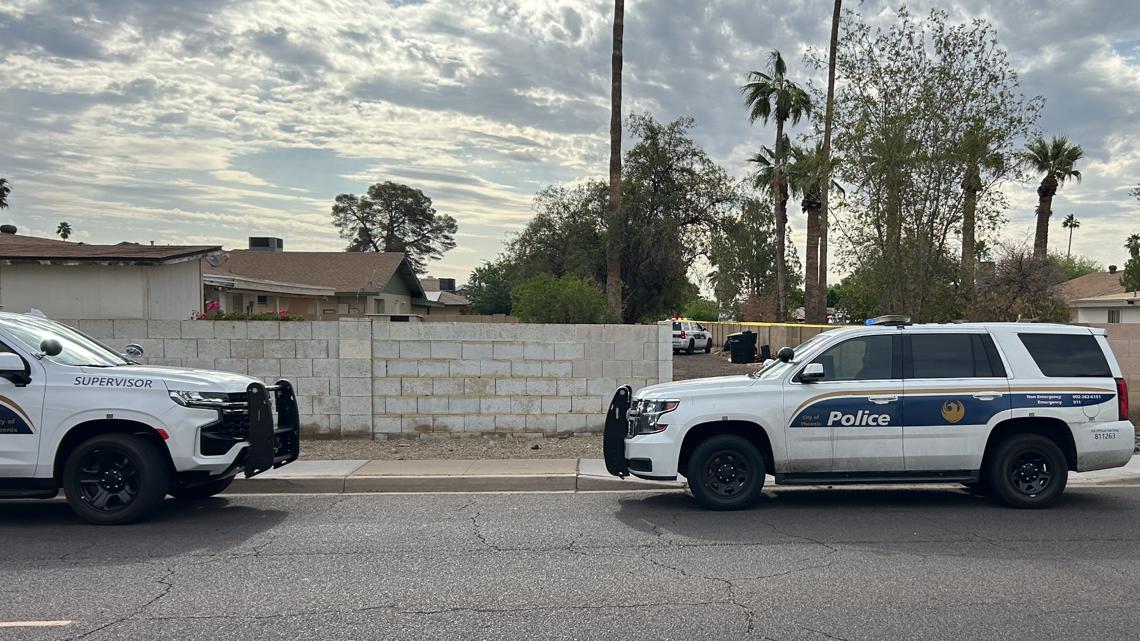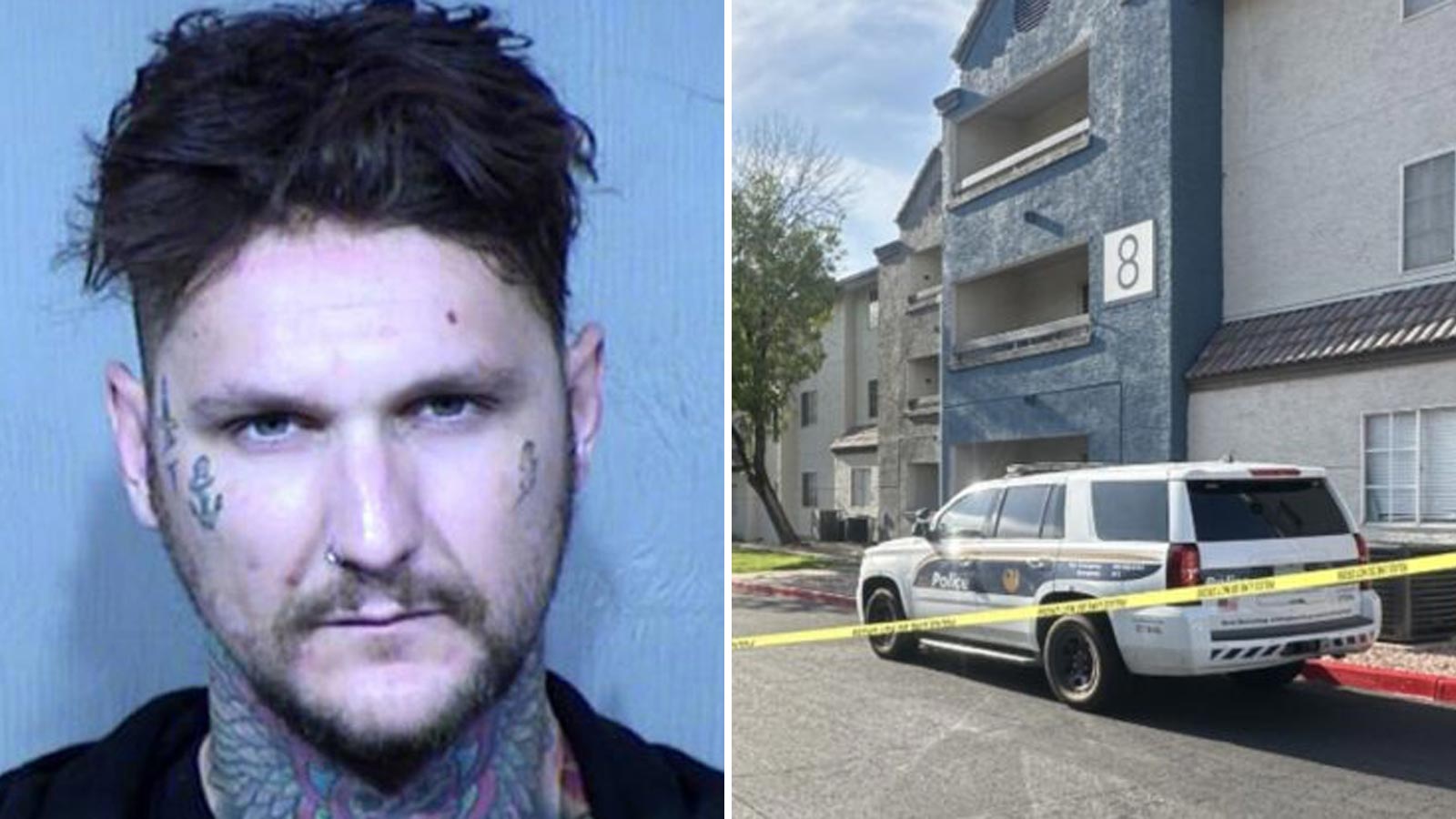In a landmark corruption trial that unfolded over 16 days, a federal jury in Chicago delivered a historic verdict, finding Edward M. Burke, the city’s longest-serving council member, guilty of racketeering, bribery, and attempted extortion. The trial marked the end of a political era, portraying Burke as a brazen extortionist who exploited his position to coerce developers of all sizes. Prosecutors argued that Burke was not only a storyteller and political giant but also “a bribe taker” and “an extortionist.” The jury, consisting of nine women and three men, unanimously convicted Burke on all four schemes outlined in the indictment, involving iconic Chicago landmarks, a Burger King in Burke’s 14th Ward, and a Binny’s Beverage Depot.

Chicago’s Political Titan Toppled: Edward M. Burke’s Downfall Marks a Pivotal Moment in the City’s History
As the curtain falls on the trial of Edward M. Burke, Chicago’s political titan, a historic verdict emerges, exposing five decades of influence wielded by the dean of the City Council. Burke’s reign as the Finance Committee chair empowered him as a force to be reckoned with, but the jury’s decision paints a stark image of his activities, revealing a calculated exploitation of his office to benefit his private interests. From squeezing developers for his law firm to attempting to strong-arm institutions like the Field Museum, Burke’s tactics have now led to a conviction on racketeering charges related to iconic landmarks and local businesses.
Notably absent from the trial was testimony from the infamous FBI mole Danny Solis, yet his secret recordings played a pivotal role. The jury gained insight into Burke’s calculated approach and political leveraging through these recordings, particularly those capturing discussions about pressuring developers of Chicago’s Old Post Office. The verdict also brought convictions for one of Burke’s co-defendants, Charles Cui, while his longtime aide, Peter Andrews, was acquitted, marking the end of a year filled with corruption trials in Chicago.
As the sentencing hearing looms for the nearly 80-year-old Burke, the city braces for a significant shift in its political landscape. This conviction solidifies Burke’s place among the 38 alderpersons convicted since 1973 and the fourth in the past five years. Chicago, known for its political tumult, witnesses the toppling of a once seemingly untouchable figure, underscoring the ongoing battle against corruption and serving as a reminder that even the most influential political figures are not beyond the reach of justice.
READ ALSO: Justice Prevails: Chicago’s Political Landscape Shifts as Edward M. Burke Faces Conviction
Justice Prevails: Chicago’s Political Landscape Shifts as Edward M. Burke Faces Conviction
Mayor Brandon Johnson, in a statement, emphasized the importance of holding elected officials accountable for legal transgressions. Burke’s downfall signals the end of an era for a once-powerful and seemingly untouchable political figure. The trial showcased Burke’s influence, clashes with past mayors, and his role as a judicial slate maker. The conviction, resulting from a sprawling public corruption investigation, culminates nearly 10 years of scrutiny on Burke’s activities.
As Burke left the courthouse, he showed little expression, exchanging a kiss and hug with his wife, retired Illinois Supreme Court Chief Justice Anne Burke. The dramatic conclusion of the trial underscores the ongoing efforts to combat corruption in Chicago and serves as a reminder that no political figure is beyond the reach of justice.
READ ALSO: Former Chicago Ald. Ed Burke convicted of racketeering and bribery, but his aide is acquitted



